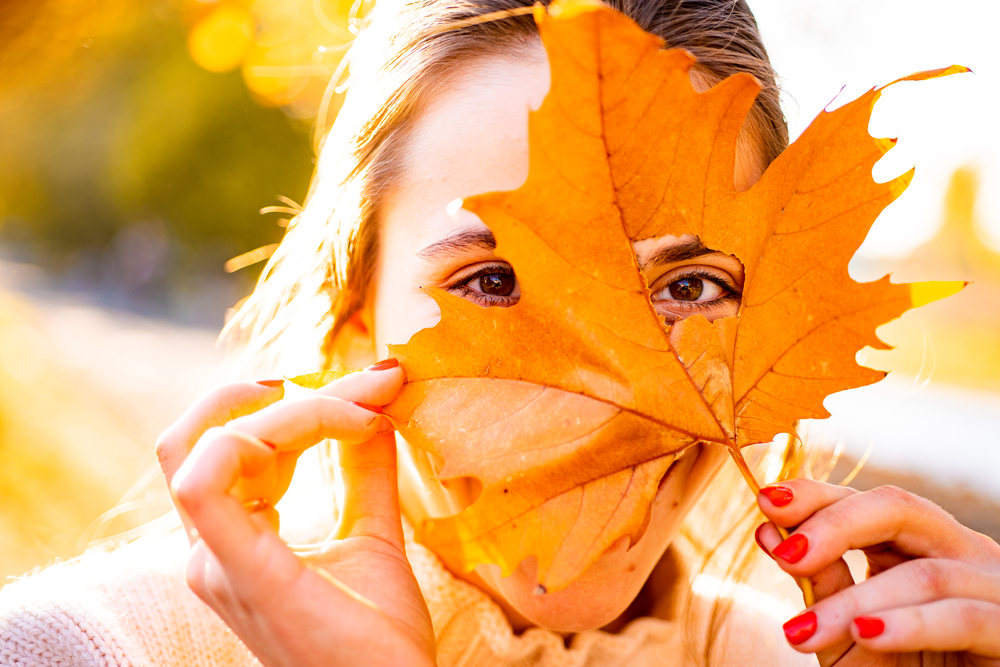Primary Health Insurance:
BlueCross BlueShield
United Health Care
Humana
Cigna
North Mississippi Acclaim
Medicare
Medicaid

In the fall, temperatures and humidity decrease, following a warm summer. Leaves fall off the trees and start to decompose, producing dust particles. These autumn conditions increase the eye irritants around you.
Here are some eye problems you could develop in the fall:
In autumn, the weather becomes cold, and the air dry. Cold, dry air collects moisture from your eyes and skin. As the cold sets in, you also tend to use a heating system more often in your home. Heat dries the low-humidity indoor air, exposing your eyes to dry air. In this environment, your eyes dry out.
Dry eyes are quite irritating. They cause a stinging or burning sensation that makes your eyes itch continually. The eyes also become sensitive to light, turn red, develop fatigue, and vision may blur. Persons wearing contact lenses have a more difficult time because tears are the adhesive that sticks the eye’s lenses.
The solution to your dry eyes is purchasing some over-the-counter eye drops. The eye drops promote tear production, and others block the tear ducts to reduce tear drainage. A humidifier also helps to moisten the air, which makes it less harsh to your eyes. If the dryness persists, see your eye doctor for a prescription of products meant for dry eyes.
In the fall, the sun’s rays hit the earth from an angle, unlike during summer, when the sun is overhead. In the summer, people take caution and put on sunglasses and hats to shield from the sun. Even without the glasses, the brow bone protects the eye from the sunlight.
As soon as autumn begins, people put away their protective eyewear. Unfortunately, although the sun is not as hot, its rays are more dangerous in autumn.
With the sun’s light rays coming at an angle, they have direct contact with the eyes. The rays irritate the eyes, and you may begin to strain without understanding the reason. Long-term exposure to these rays may lead to permanent optic nerve damage.
The solution to the autumn UV light problem is to wear sunglasses all year round. Anytime you are outside, wear a wide-brimmed hat and some glasses.
Fall does not only come with temperature changes; there are light changes too. Days are shorter, and the nights are longer. Your eyes and your brain may have problems adjusting to the light changes. The brain depends on the light entering the eye to spring the body into action. However, with daylight striking, later on, you may have some snarl-ups here and there. If you drive in the morning and the evening, at both times, cars will have their headlights on. Bright headlights may irritate and strain your eyes. Get some anti-glare glasses to wear when driving to reduce the glare of the bright lights.
With the temperatures dropping every day, people like to close their doors and windows to keep warm. This environment supports the multiplication of dust mites and animal dander, which irritate and cause the eyes to itch. To avoid the irritants, aerate your rooms. Open the windows and doors for some time. If the allergy symptoms worsen, see an optometrist.
Applying the precautionary measures protects you against the four common fall eye problems. For further consultation and advice, visit Primary Eye Care in Tupelo, Mississippi. You can also call 662-200-9842 to book your appointment.